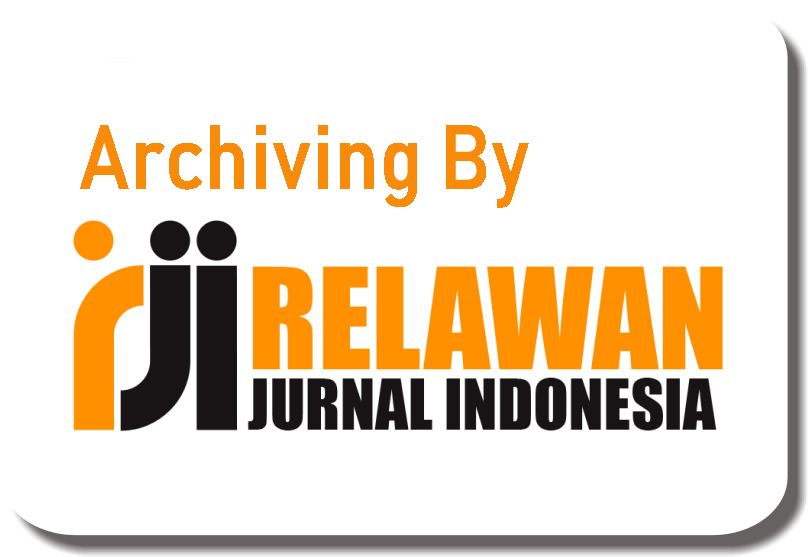Digital Linguistics in Human Resource Management: Code-Switching, Emojis, and Hashtags in Employee Engagement
Abstract
This study examines the role of digital linguistics—emoji use, code-switching, and hashtags—in shaping employee engagement within a private logistics company in Medan, Indonesia. Using a qualitative case study approach, data were collected through semi-structured interviews with employees actively engaged in internal digital communication, and were analyzed thematically. Findings indicate that emojis help soften messages, reduce tension, and foster warmth in workplace interactions. Code-switching between Indonesian, English, and local dialects functions as a social adaptation strategy and professional identity marker. Hashtags, though less frequent, act as symbolic tools for uniting teams, reinforcing collective identity, and emphasizing project goals. Together, these practices enrich digital communication and support the dimensions of vigor, dedication, and absorption in employee engagement. Grounded in Social Exchange Theory (SET) and Media Richness Theory (MRT), this research underscores digital linguistics as a strategic HRM tool for enhancing engagement, while highlighting organizational reputation and governance as crucial supporting factors.
Keywords
Full Text:
PDFReferences
Awlia, T. (2020). Metode Pengumpulan Data: Kuantitatif dan Kualitatif. DetikNews.
Creswell, J. W. (2014). Research Design Qualitative, Quantitative, And Mixed Methods Approaches ( 4th Ed.) (Vicki Knight, Ed.; FOURTH EDITION). SAGE Publications, Inc. .
Dennis, A. R. , F. R. M. , & V. J. S., Fuller, R. M., & Valacich, J. S. (2020). The impact of media synchronicity on team performance in virtual environments. Information & Management.
Eisenberger, R., Rhoades Shanock, L., & Wen, X. (2020). Perceived Organizational Support: Why Caring About Employees Counts. Annual Review of Organizational Psychology and Organizational Behavior, 7(1), 101–124. https://doi.org/10.1146/annurev-orgpsych-012119-044917
Graso, M., & Grover, S. L. (2017). Organizational Justice Comes of Age: Review of the Oxford Handbook of Justice in the Workplace Edited by Russell Cropanzano and Maureen Ambrose. Social Justice Research, 30(2), 181–190. https://doi.org/10.1007/s11211-017-0282-5
Haryanto, H., Suharman, H., Koeswayo, P., & Umar, H. (2023). Employee engagement in logistics industry: a perspective in Indonesia. Acta Logistica, 10(3), 463–476. https://doi.org/10.22306/al.v10i3.419
Highfield, T., & Leaver, T. (2022). Hashtag Engagement as Networked Practice: Examining the Sociotechnical Dimensions of Digital. Social Media + Society.
Ko, E. (Emily), Kim, D., & Kim, G. (2022). Influence of emojis on user engagement in brand-related user generated content. Computers in Human Behavior, 136, 107387. https://doi.org/10.1016/j.chb.2022.107387
Liu, D., Hou, B., Liu, Y., & Liu, P. (2021). Falling in Love With Work: The Effect of Enterprise Social Media on Thriving at Work. Frontiers in Psychology, 12. https://doi.org/10.3389/fpsyg.2021.769054
Liu, S. , Li, N., & Wang, Y. (2021). Emojis as social information: Effects on message clarity and interpersonal warmth in workplace communication. Communication Education.
Nguyen, B., & Boateng, S. (2021). Code-switching and social connectedness in multilingual workplaces. International Journal of Bilingual Education and Bilingualism.
NGUYEN, H. M., NGUYEN, C., NGO, T. T., & NGUYEN, L. V. (2019). The Effects of Job Crafting on Work Engagement and Work Performance: A Study of Vietnamese Commercial Banks. The Journal of Asian Finance, Economics and Business, 6(2), 189–201. https://doi.org/10.13106/jafeb.2019.vol6.no2.189
Schaufeli, & Wilmar B. (2021). The Burnout–Engagement Link: A Structural Equation Modeling Approach. Journal of Organizational Behavior.
Schoot, R. van de S., & Miočević, M. (2020). Small Sample Size Solutions: A Guide for Applied Researchers and Practitioners. Routledge.
Zhou, Y., Lu, X., Gao, G., Mei, Q., & Ai, W. (2024, April 16). Emoji Promotes Developer Participation and Issue Resolution on GitHub. The 18th International AAAI Conference on Web and Social Media.
DOI: https://doi.org/10.31004/jele.v10i5.1476
Refbacks
- There are currently no refbacks.
Copyright (c) 2025 Muhammad Safii, Clara Puspita, Sempa Br. Perangin -Angin

This work is licensed under a Creative Commons Attribution-ShareAlike 4.0 International License.



